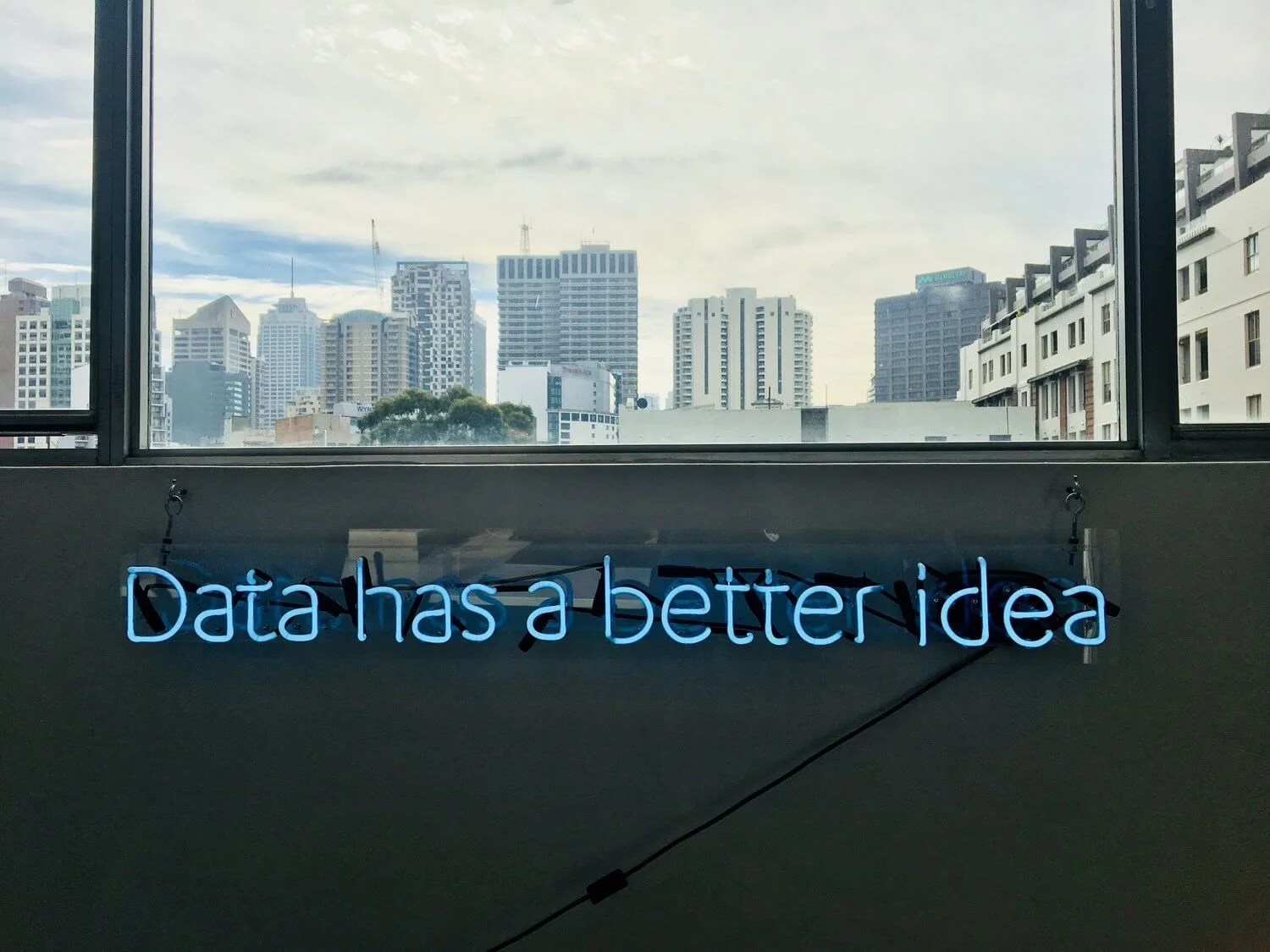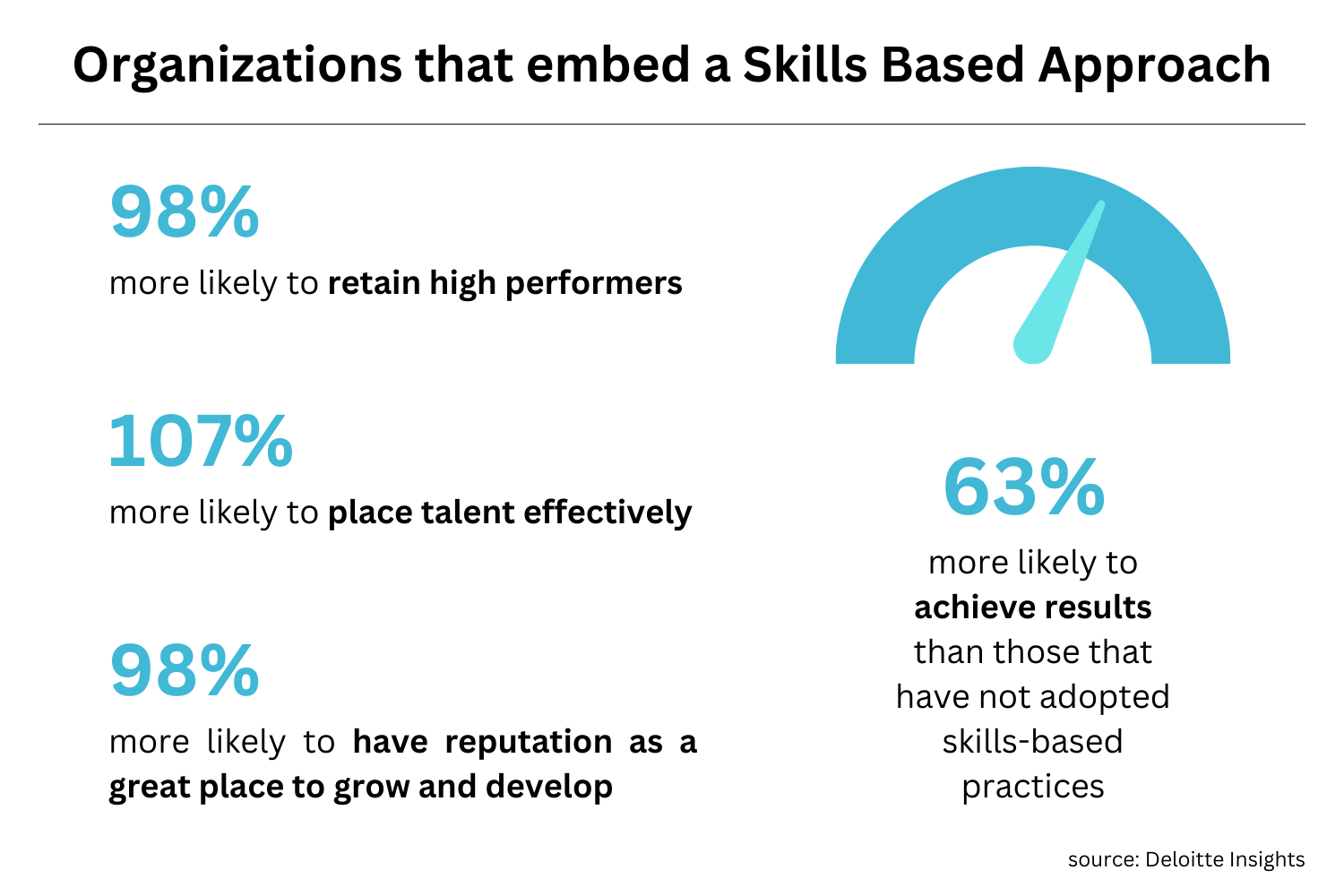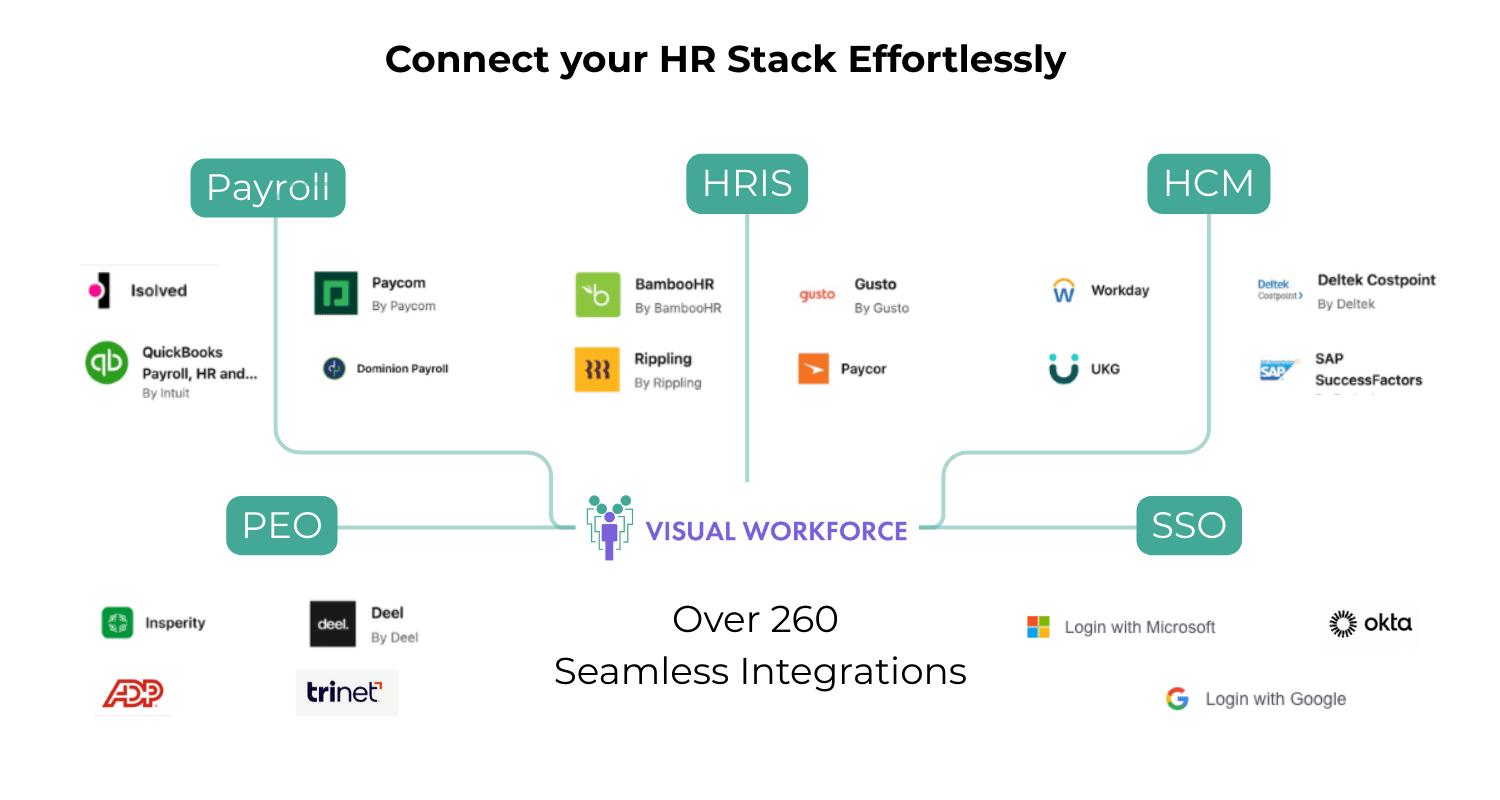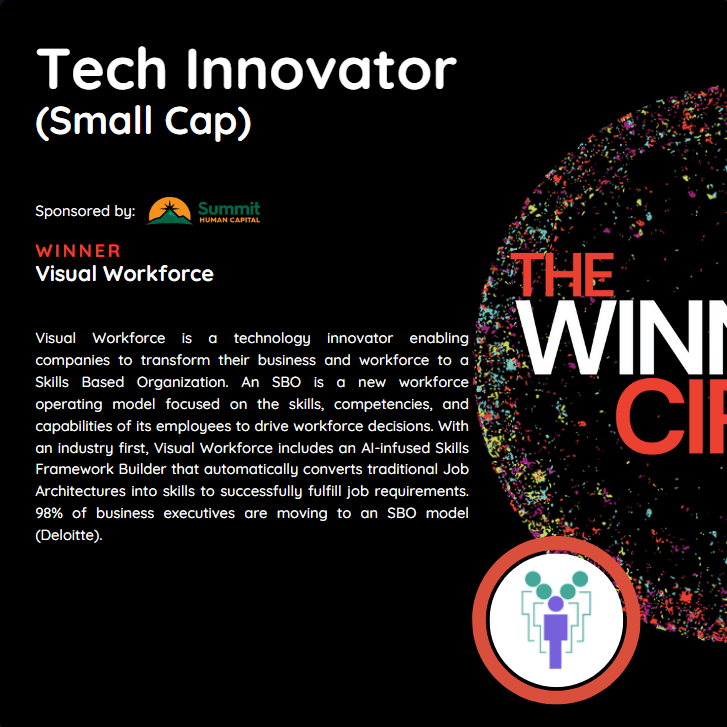IT Career Skills Series: Data Engineer
In the digital age, required skill sets are constantly changing. You may be looking to upskill your current team or hire new talent to fill those skill gaps. Or maybe you’re looking to elevate your own skills and career. Whatever your goals, welcome to the IT Career Skills Series. In this 10 part series, we will breakdown the top skills for each role your need on your IT dream team.
Get a FREE downloadable Career Skills List and IT skills matrix to test your teams’ (or your own!) proficiency against these must-have skills.
We jokingly say “Pay no attention to that man (or woman) behind that curtain of data!” when really you should. Pull back that curtain and you will find a data engineer and that data engineer needs one gigantic bag of tricks.
What Does A Data Engineer Do?
Data engineers extract data from different databases and store them in data warehouses. They design the scripts, codes and techniques used to extract and store such data and create data reports using various tools.
11 Essential Skills for Data Engineers
Data ETL
Data engineers must be fluent in the extraction, transformation and loading (ETL) of data. It is vital the data engineer know how to most efficiently extract data from a source, transform that data to meet the requirements of the business and channel it into a database for the data scientists to use.
Data Synchronization
Because source data is constantly changing. It is the responsibility of the data engineer to understand how to detect changes in the source data as well as how and when those changes are fed to the big data platforms in such a way that this new data is successfully merged and synchronized with the existing data.
Data Governance and Security
Data engineers must ensure the pipelines they create are secure, resilient and scale. The blueprint for any data pipeline must include principles for data governance which, as defined by the Data Governance Institute, is a system of decision rights and accountabilities for information-related processes, executed according to agreed-upon models which describe who can take what actions with what information, and when, under what circumstances, using what methods.
Performance Optimization and Data Models
The amount of data driven through these data pipelines on a daily basis can quickly reach terabytes or even petabytes and no one wants to wait for results. Data pipelines and data warehouses must be constantly groomed not only to perform under this rising surge of data, but to ensure integrity and reliability by eliminating things like bottlenecks, data discrepancies and configuration issues.
Programming Skills
Data engineers need strong developer skills. Data engineers must understand how to code efficient algorithms and the data structures they use. Understanding languages like Python, Java and Scala as well as knowledge of SQL database design are vital to performance, efficiency and health of the data pipelines.
Tool Knowledge
There are multiple platform tools, database tools, big data tools, and programming languages available for a data engineer to select from. Knowing when to employ which tool or language and why is vital to a building and governing data pipelines.
Analytical Skills
While the data engineer does not need advanced analytical skills, they do need to understand the requirements of the project in order to create the design and create data models from a seas of unstructured data.
Communication and Collaboration Skills
The data engineer must have good people skills. Data engineers interact with a wide variety of people both technical and non-technical, but must do so effectively in order to obtain, produce, provide and report on the data required by any project.
Love of Learning
New libraries, frameworks and tools are streaming into the marketplace. New data sources are emerging just a quickly. In the daily life of a data engineer there is always something new to learn or some new challenge to overcome. A successful data engineer embraces new tools to be better armed for the challenges ahead.
Detail Oriented
Data engineers must ensure the quality and integrity of the data that emerges from the pipelines they build. Special attention must be paid to what, when and how data is extracted, how data is merged and processed, and how that processed data is stored not just to meet requirements, but more importantly to meet the expectation of the customer and the business.
Critical Thinking
To connect the dots of a pipeline from source data to big data and to maintain that pipeline’s health, performance and integrity, the data engineer must be a critical thinker with the ability to solve problems creatively.
There is a well-known Sydney Harris cartoon depicting a complex equation and in the middle is a step that says “a miracle occurs here”. The modern version of that cartoon is a data pipeline and in that pipeline is a connector that says “a data engineer works here”.
Subscribe
Sign up to receive updates and announcements from Visual Workforce.









